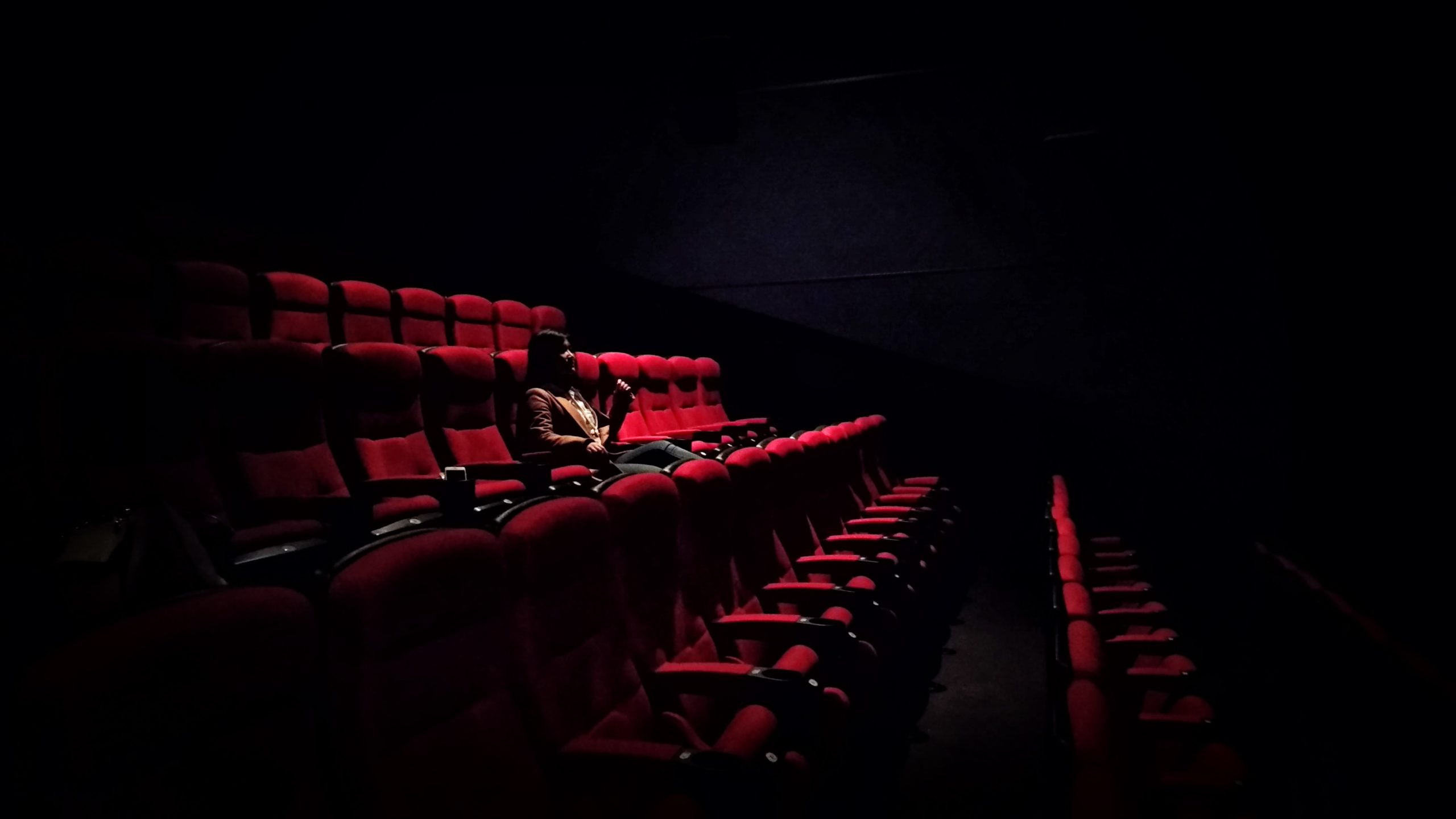
AICT-IATC President Jenkins World Theatre Day 2025 statement

Jeffrey Eric Jenkins, 14th President of the International Association of Theatre Critics (AICT-IATC), Professor and Chair of Theatre Studies at the University of Illinois Urbana-Champaign, and a Faculty Affiliate of Discovery Partners in Chicago, issued the statement below for World Theatre Day 2025, addressing the vital role of the stage “in the unfolding drama of current politics.”
“Beginning with its 1962 celebration of World Theatre Day, the International Theatre Institute annually has asked an international figure to offer a message on the theme of “Theatre and a Culture of Peace.” If we look back across the past six decades, we see lovely messages celebrating ideals that global cultures have failed to uphold.
In the 2025 message Greek director Theodoros Terzopoulos asks numerous difficult questions about the crises we now face and his frustration shines through as theatre struggles globally to provide answers.
In the unfolding drama of current politics, the stage has never been more vital. While authoritarian regimes consolidate power and distort cultural narratives to suit their own ends, the role of theatre as a vehicle for truth-telling has gained new urgency. As stewards of human expression, theatre artists must recognize that artistic practice is more than an act of creation—it may also be an act of defiance.
Consider Ukraine, where aggression has not only threatened national sovereignty but has actively targeted cultural identity. The resilience of Ukraine’s artistic community stands as a powerful reminder that theatre thrives in resistance. Companies such as Dakh Daughters, with their potent blend of musical virtuosity and biting political commentary, have transformed performance into protest. These artists risk their existence to remind the world that cultural expression cannot be erased by violence or manipulation. Ukrainian playwrights have crafted narratives that challenge imperial myths and assert the dignity of their nation.
Demagogues excel in distorting language and fabricating mythologies that reduce reality to a simplistic narrative of enemies and saviors. This is why the theatre artist becomes a target—the playwright who dissects power, the actor who embodies dissent, the designer who visualizes an alternative future. Each creative act asserts complexity in opposition to propaganda’s hollow uniformity.
In the United States, this suppression often takes a subtler form. While artists rarely face explicit threats, the slow erosion of artistic freedom through defunding, social pressure, and ideological censorship has cultivated a climate of self-censorship. When art is diminished, so too is society’s ability to question, imagine, and reflect. We must recognize that authoritarians do not require violence to succeed. They thrive just as effectively in a culture that prizes comfort over confrontation, that values spectacle over introspection.
Theatre must rise to meet these challenges by embracing bold representation. This requires courage—the courage to craft narratives that illuminate the vulnerabilities and contradictions within power structures. But to resist effectively, we must resist sensationalism as well. The theatre’s strength lies not in its ability to shout louder than demagogues but in its ability to draw audiences into reflective spaces where empathy flourishes and complexity is understood.
In a world saturated with disinformation, the stage invites audiences to engage with difficult questions rather than retreat into ideological comfort. This demands that we step beyond traditional performance spaces and engage with communities in schools, public spaces, and digital forums where contested narratives are fought most fiercely. It is not enough to preach from the stage: we must meet audiences where they are, offering stories that challenge their assumptions and provoke conversation.
As we celebrate World Theatre Day on March 27, we are reminded of the power that unites theatre artists across borders. This global celebration calls on us to reaffirm our commitment to the stage as a place of truth. Theatre is not merely a cultural expression—it is an act of resilience in a world too often silenced by fear.
History has shown that authoritarian regimes cannot stamp out theatrical resistance. Vaclav Havel wielded satire to undermine Soviet oppression; Athol Fugard dramatized the cruelty of apartheid; Ukrainian artists today stage performances amid rubble to declare their nation’s right to exist. These examples demonstrate that theatre’s true power lies in its ability to amplify truth.
To act in this spirit requires courage, which has always been theatre’s hallmark. From Lear’s storm-tossed rage to Hamlet’s daring exposure of corruption, the stage offers a profound reminder that confronting power is neither new nor optional. It is, instead, an enduring duty.
The Ukrainian example underscores a universal truth: theatre is not confined to ornate proscenium stages or luxurious venues. It flourishes in bomb shelters, in courtyards, and in the minds of those who dare to imagine a freer world. Each performance that asserts this freedom resists the forces that seek to crush individuality and replace it with dogma.
As long as stories remain to be told, we must persist. Every creative act is an act of agency attained, and every act of agency is a declaration of hope.”






Sorry, the comment form is closed at this time.